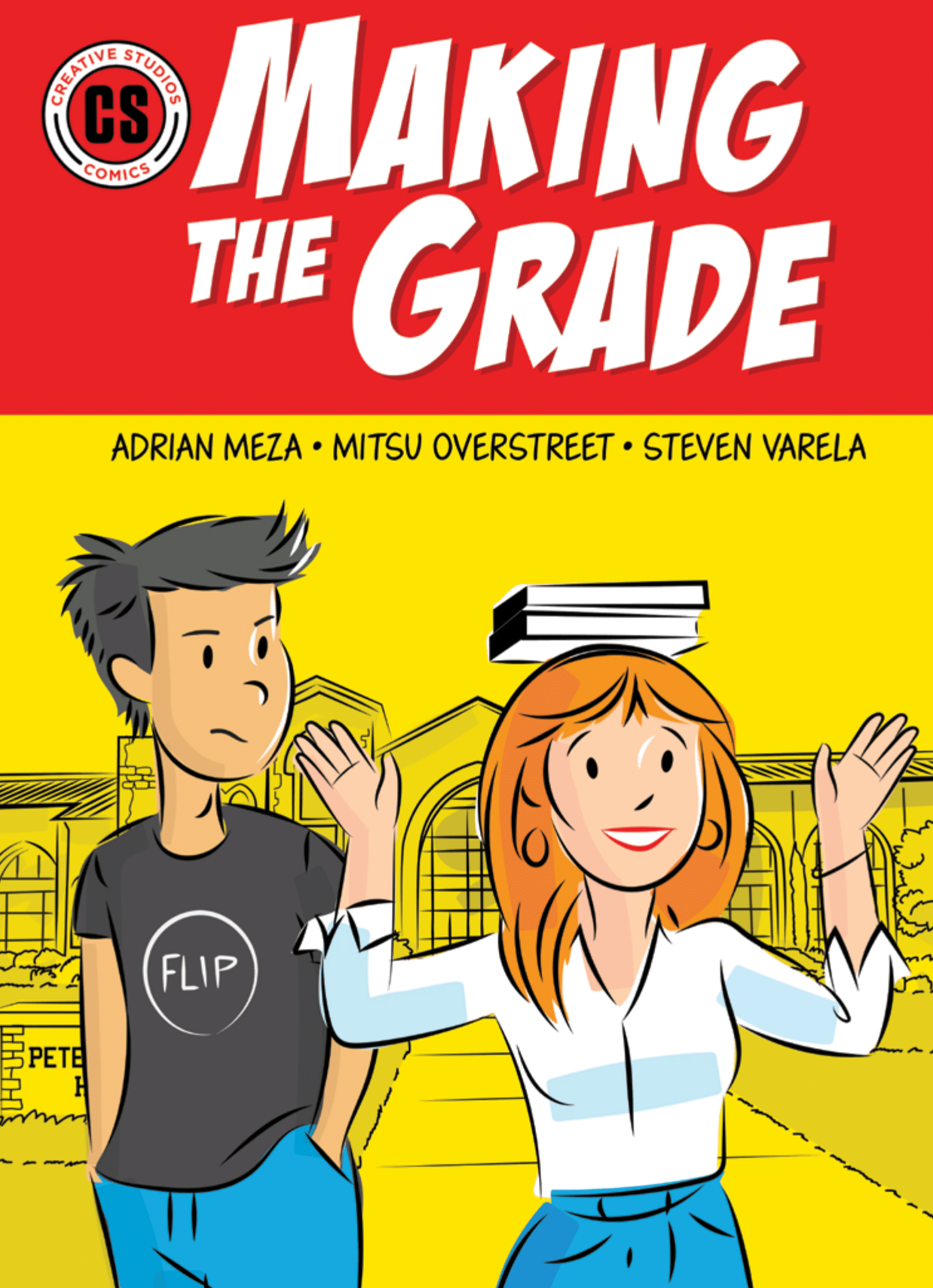What is Academic Integrity?
Academic integrity is an issue in both face-to-face and online learning environments, and in all levels of education. As educators, we will be challenged to find or develop effective practices for preventing academic dishonesty, and to inform our students about the consequences of compromising their integrity and ethics.
Academic integrity refers to the principles and policies students are expected to follow in the course of their education. These policies provide the guidelines to help students and faculty make responsible, moral, and ethical decisions related to all aspects of their association with the school. Every educational setting has a policy outlining these principles, and most have a very clearly defined official policy. However, the details do vary from school to school.
Teaching Strategy: Think/Pair/Share
Think-Pair-Share (TPS) is a collaborative learning strategy in which students work together to solve a problem, brainstorm, or answer a question. This technique requires students to (1) think individually about a topic or answer to a question; and (2) share ideas with classmates. Discussing an answer with a partner serves to maximize participation, focus attention and engage students.
Have students do a brief think/pair/share about the definition of the word "integrity" and what they think the phrase "academic integrity" therefore means. Regroup and have students briefly discuss what they came up with. Knowing that definition of integrity, help students extrapolate that “academic integrity” refers to honesty, morality, and ethics in school-related activities and situations.
Teaching Strategy: Using Sequential Art
Sequential art is a term proposed by comics artist Will Eisner to describe art forms that use images deployed in a specific order for the purpose of graphic storytelling (i.e., narration of graphic stories) or conveying information. The best-known example of sequential art is comics.
Teaching Strategy: Role-Play Activity
Role-play is a technique that allows students to explore realistic situations by interacting with other people in a managed way in order to develop experience and trial different strategies in a supported environment. Use the following script from the Making the Grade comic to have students play the roles of Ozzy and Mr. Peterman. The scene focuses on Ozzy's struggle to reveal he has been academically dishonest.
Role-play provides the possibility of significant learning, encouraging students to develop an understanding of a situation from the ‘opposite’ point of view, and, importantly, develop empathy.
Kids Talk Cheating
"Why Kids Cheat (and Why They Shouldn't)"
